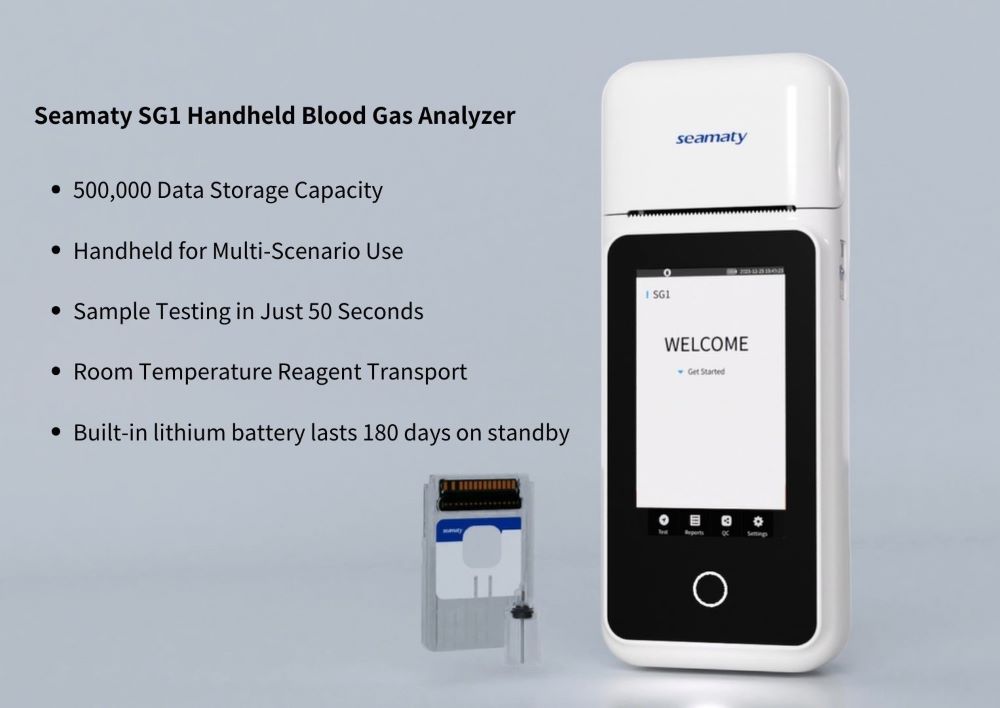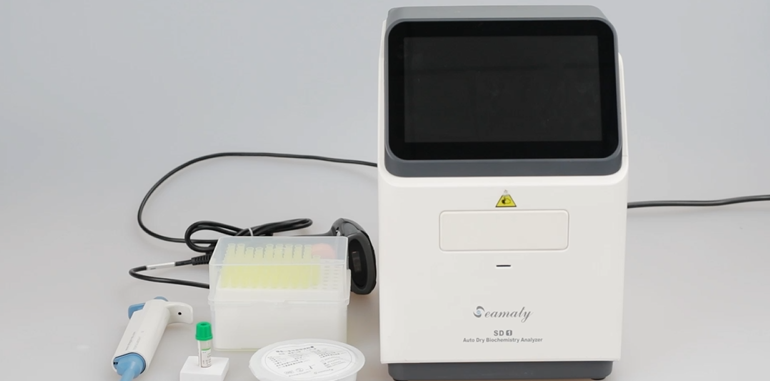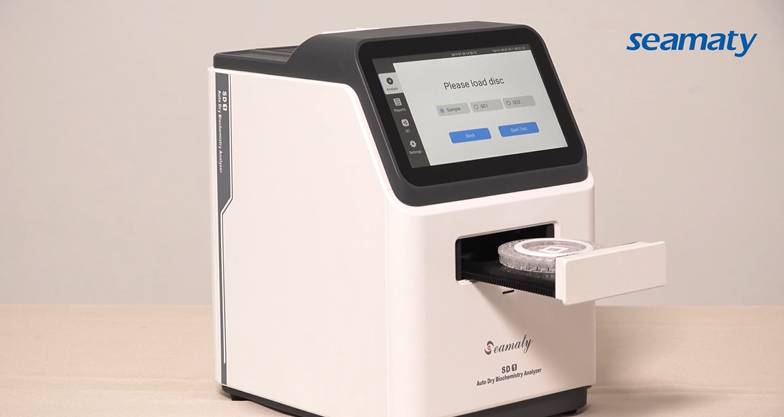On March 9, local time, Maria van Cohove, technical director of the WHO health emergency program, said that a mixed strain of Delta and Omicron has emerged in France, the Netherlands and Denmark, but has been detected in small numbers.
WHO is monitoring it, and there is currently no change in the severity of the disease caused by the recombinant strain. It is genetically closer to the Delta strain, but has a large number of variants specific to the Omicron strain. As a result, the strain has been named "Deltacron" by the researchers.
COVID-19 is far from over, and there is still a huge demand for COVID-19 testing.
3 types of COVID-19 assays
Currently, there are two main types of
COVID-19 virus detection methods: one is based on nucleic acid detection at the molecular level; the other is based on immunological principles, mainly antigen detection and antibody detection.
The nucleic acid test has a forward window period, as well as a high specificity, and can be used for early detection of viral infections. However, the disadvantage of nucleic acid testing is that it is carried out under high conditions and takes a long time to perform.
Immunoassays have a later window, but are easy to perform and take less time to perform, and can be used for large-scale screening of positive populations, treatment and rehabilitation evaluations, etc.
Antigen testing is widely used in many countries around the world and provides faster and less expensive results than nucleic acid testing. Compared with antibody detection methods, antigen detection methods can avoid the problem of "window period" in the early stages of infection difficult to detect, but antigen detection also has the disadvantage of lower accuracy compared to nucleic acid.
The global application of COVID-19 antigen test
The COVID-19 antigen home self-test is suitable for widespread self-screening and is an effective supplement to nucleic acid testing. The United States, the European Union, Australia and other places for the use of antigen self-testing rules are clearly pointed out that it can supplement but not replace nucleic acid testing methods.
Currently, Hong Kong, China is in the midst of a major COVID-19 outbreak. Antigen testing is also playing a significant role. The Hong Kong government is procuring a large number of rapid antigen test kits for different groups of people to be tested. Currently, Hong Kong citizens can purchase rapid antigen test kits from retailers in the market for voluntary testing. At the same time, the government is providing free rapid antigen test kits to designated high-risk and specific groups of people and people living with the disease.
Antigen testing has become an important supplement to the global diagnosis of COVID-19. 2021 China exported a total of $66.893 billion of COVID-19 test kits overseas. China has sufficient capacity to supply the global market. Moreover, the quality of Chinese antigen testing products is mature, with an average sensitivity of 90%.
The Seamaty
Pluslife Mini Dock COVID-19 assay has a sensitivity of 97% and specificity of 100%. The test is based on RHAM thermostatic amplification technology, which provides highly sensitive detection comparable to qPCR and, importantly, detects positive samples in as little as 10 minutes. It is now in widespread use around the world.



